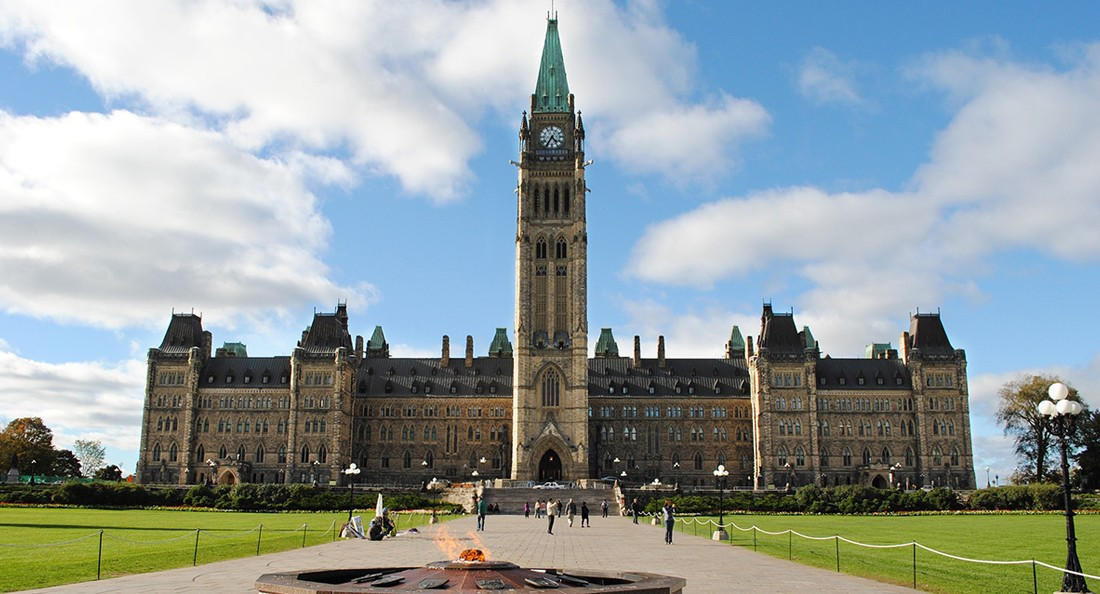Canadians elect Liberal minority government
Climate change top issue among young people
On Oct. 21, Canadians elected a Liberal minority government, giving Prime Minister Justin Trudeau a second term. His new cabinet will be unveiled on Nov. 20.
Many Manitoban elected members of Parliament (MPs) have ties to the University of Winnipeg (U of W). Daniel Blaikie (Elmwood-Transcona), Jim Carr (Winnipeg South Centre), Leah Gazan (Winnipeg Centre) and Kevin Lamoureux (Winnipeg North) are alumni of the U of W or the U of W Collegiate. Furthermore, Carr, Terry Duguid (Winnipeg South) and Gazan have been employees of the university.
Gazan, elected in the riding in which the U of W is located, says in an email to The Uniter that she will be “forever thankful” for her time at the U of W working in the Faculty of Education.
“It was the bold support I was granted by the faculty, including academic leaves, that allowed me to actively engage in community advocacy,” she says.
“At this critical time, I think it’s important for post-secondary institutions to support staff and students to fight for a better world,” the newly-elected NDP representative says.
When asked about her take on the biggest issues facing Canadian youth and post-secondary students, Gazan mentions “precarious work, inadequate amounts of affordable social housing, transportation, student debt and the climate emergency.”
According to a recent Ipsos poll, climate change was the most important ballot-box issue for Canadians aged 18 to 34, with 29 per cent of respondents ranking it as their No. 1 concern. Health care (28 per cent), affordability and cost of living (27 per cent) and taxes (24 per cent) closely followed.
During the campaign, the Liberal Party made promises about climate change that included a vow to plant two billion trees over 10 years, plans to invest profits from the Trans Mountain Expansion Project (a pipeline expansion widely criticized by environmentalists) in “Canada’s clean energy transition” and a goal of achieving net-zero emissions by 2050.
Gazan, however, says that “it is time that the federal government divest from corporate welfare and instead invest in people and a Green New Deal and a just transition,” referring to moving away from reliance on fossil fuels.
Future Majority, a nonpartisan organization, says that Canadians aged 18 to 37 made up the largest portion of the electorate for the first time since 1868. Nevertheless, voter turnout among young people has, in the past, been lower than other age groups.
Jackson Anderson, a U of W student and president of the U of W History Students Association, says in an email to The Uniter that any strategy aimed at increasing youth turnout needs to address the fact that many people from marginalized communities feel they are underrepresented in Canadian politics.
Total voter turnout for this election was 65.95 per cent. No data is yet available for voter turnout by demographic group.
Published in Volume 74, Number 8 of The Uniter (October 31, 2019)








